Full Automatic Constant Pressure Variable Frequency Water Supply Equipment is a new generation of hi...
See DetailsThe Future of Sewage Pumps: Innovation, Sustainability, and Market Growth
Industry News-The Expanding Market for Sewage Pumps
Urbanization, population growth, and the expansion of industrial activities are driving the construction of new sewage treatment plants and the need for more advanced pumping solutions. Environmental concerns and tighter wastewater treatment regulations drive municipalities and industries to embrace more reliable, energy-efficient pumping systems.
Emerging economies, particularly in Asia and Africa, are expected to be significant contributors to market growth. Infrastructure development in these regions will drive a higher demand for sewage pumps, opening new opportunities for manufacturers. The growing emphasis on sustainable water management will also fuel the need for pumps that are energy-efficient and durable, meeting the requirements of modern urban infrastructure.
Advancements in Sewage Pump Manufacturing Technologies
Manufacturing technologies for sewage pumps have evolved significantly, driven by the demand for greater efficiency and durability. One of the key advancements is the integration of advanced materials such as stainless steel, bronze, and high-performance polymers. These materials enhance the longevity and reliability of pumps, ensuring they can handle the abrasive nature of sewage and the corrosive environments of wastewater systems.
Digital technologies are making their way into the manufacturing process. The use of 3D printing, for example, allows for rapid prototyping of new designs, improving the speed and accuracy of product development.
Automation in the manufacturing process is another key trend. Robotics and automated assembly lines are being used to increase production efficiency, reduce human error, and improve consistency in pump quality. These innovations enable manufacturers to meet growing market demands while ensuring high-quality standards.
Energy Efficiency and Environmental Impact
Energy efficiency is a top priority for modern sewage pump manufacturers. Traditional sewage pumps can consume a significant amount of energy, leading to high operational costs for municipalities and industries. To address this issue, manufacturers are developing pumps with improved energy-saving features, such as variable frequency drives (VFDs) and more efficient impeller designs. These features help reduce energy consumption, lower carbon footprints, and decrease long-term operational costs.
The push for greener solutions extends to the materials used in the construction of pumps as well. Recyclable materials and eco-friendly manufacturing processes are becoming standard practice in the industry, aligning with global sustainability goals and contributing to the reduction of environmental impact.
Customization and Adaptability for Specific Applications
One of the emerging trends in sewage pump manufacturing is the increasing demand for customization. Different applications, such as municipal wastewater systems, industrial sewage treatment, and stormwater management, each have specific requirements in terms of pump capacity, pressure, and durability. Manufacturers are increasingly offering tailored solutions that can meet these diverse needs.
For example, pumps designed for heavy-duty industrial applications, such as mining or chemical processing, need to be robust enough to handle larger volumes of more complex waste materials. In contrast, pumps used in residential or municipal systems may require quieter operation and smaller footprints. Manufacturers are leveraging advanced design software and customer feedback to produce pumps that offer greater flexibility and performance for a range of applications.
The Future of Sewage Pump Factories
The global shift toward smart cities and advanced infrastructure will increase demand for intelligent sewage pumping systems capable of integrating with broader wastewater management and monitoring networks.
The rise of automation and digitalization in manufacturing processes is expected to drive increased efficiency and cost-effectiveness. Factories will be able to produce pumps more quickly and at higher volumes, while maintaining the flexibility to meet specific customer demands.


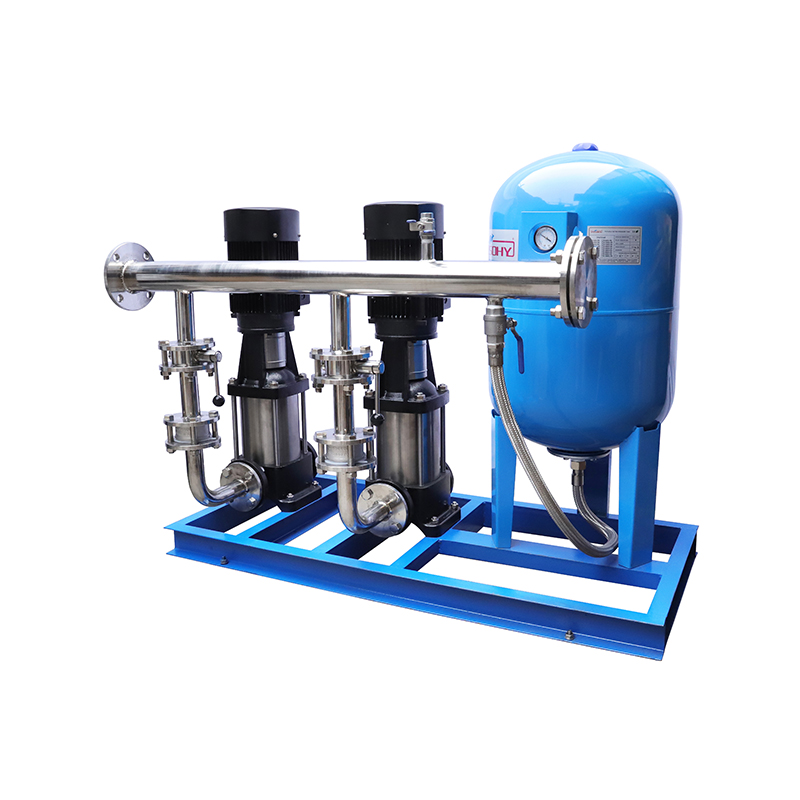
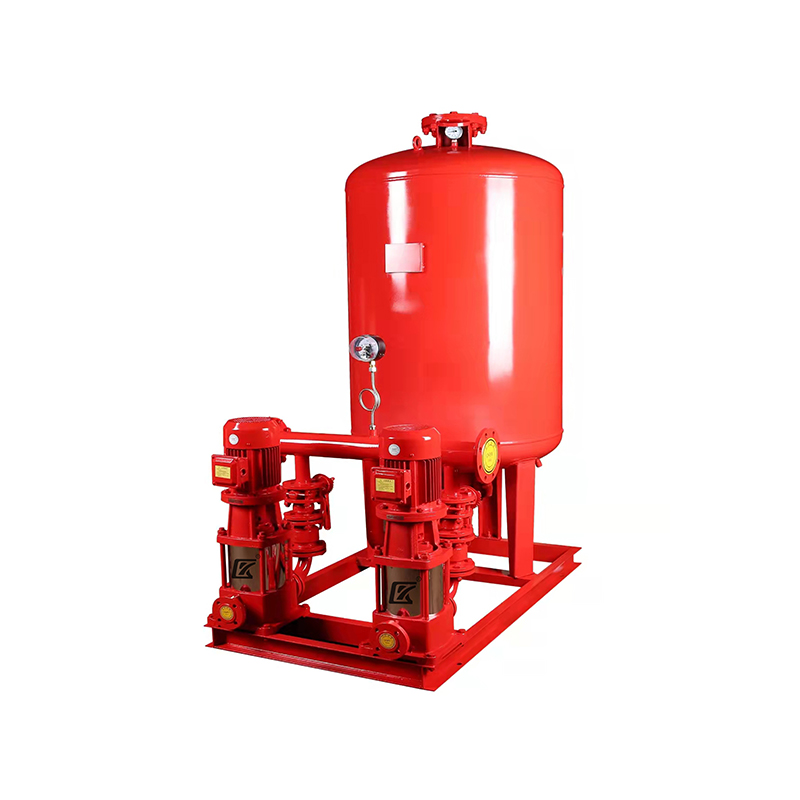
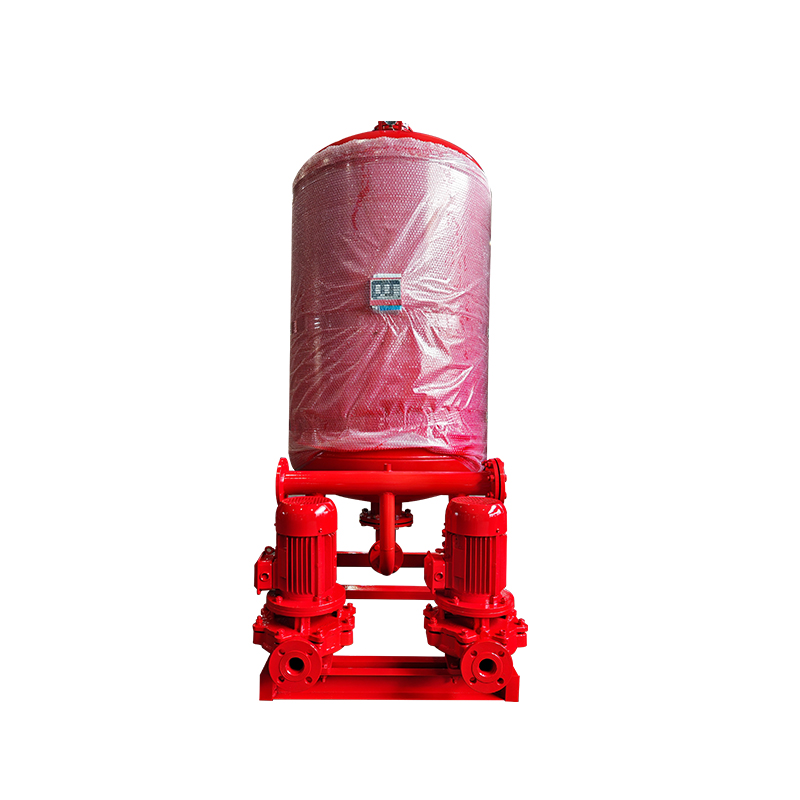

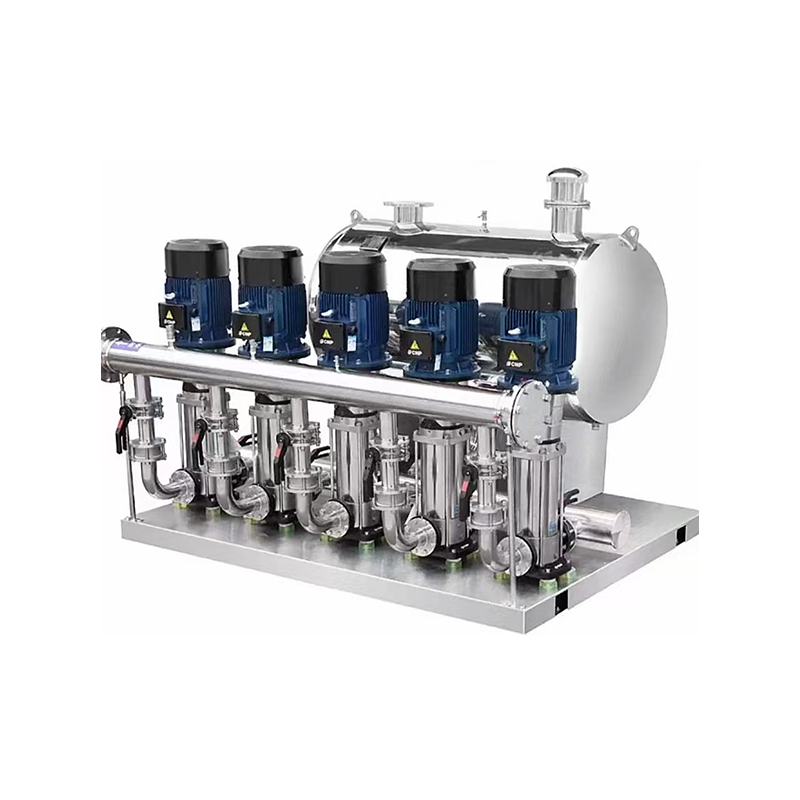
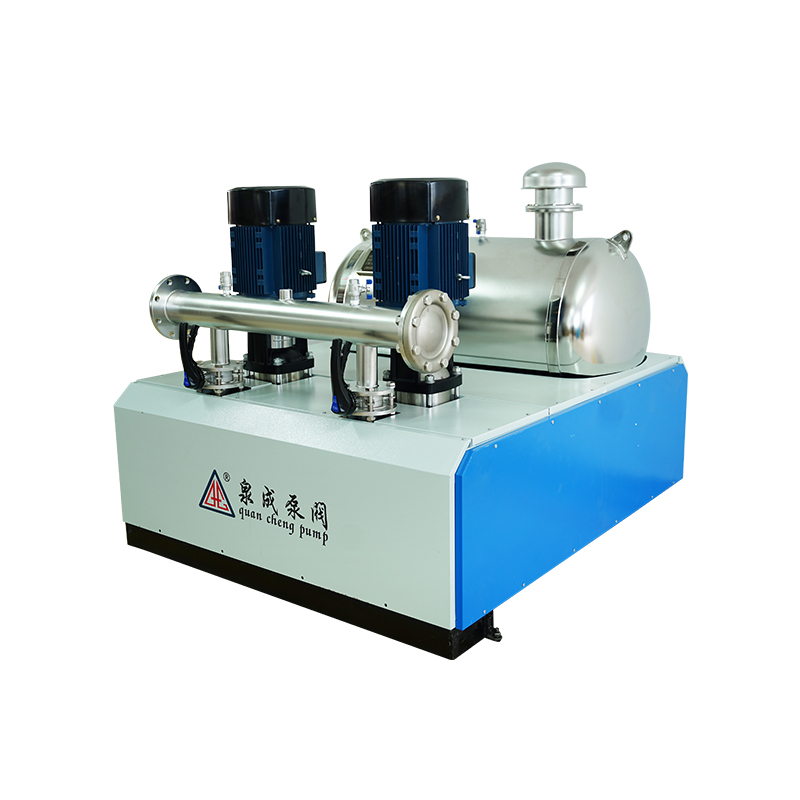
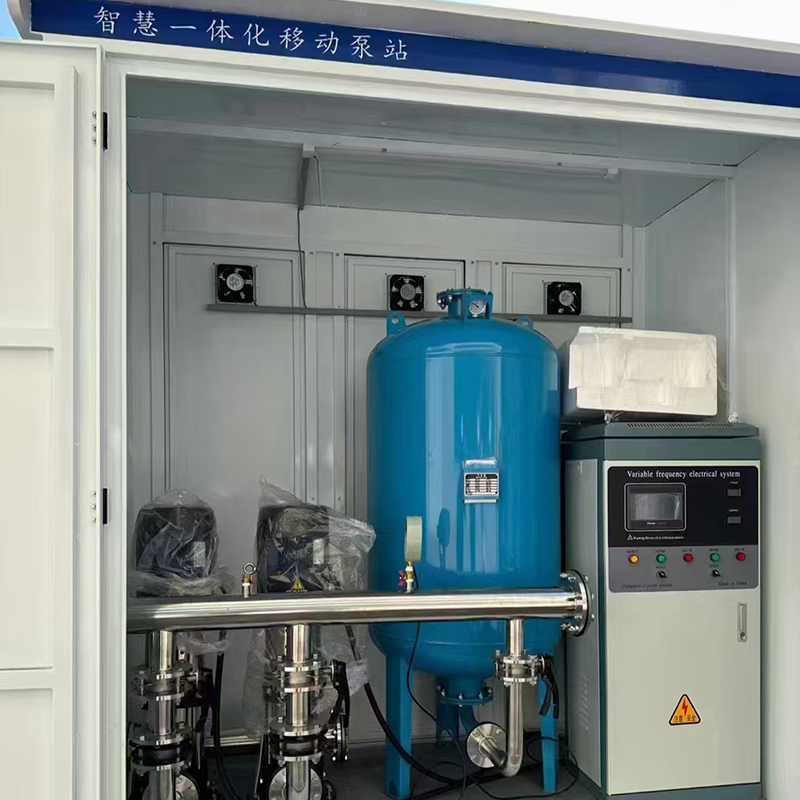
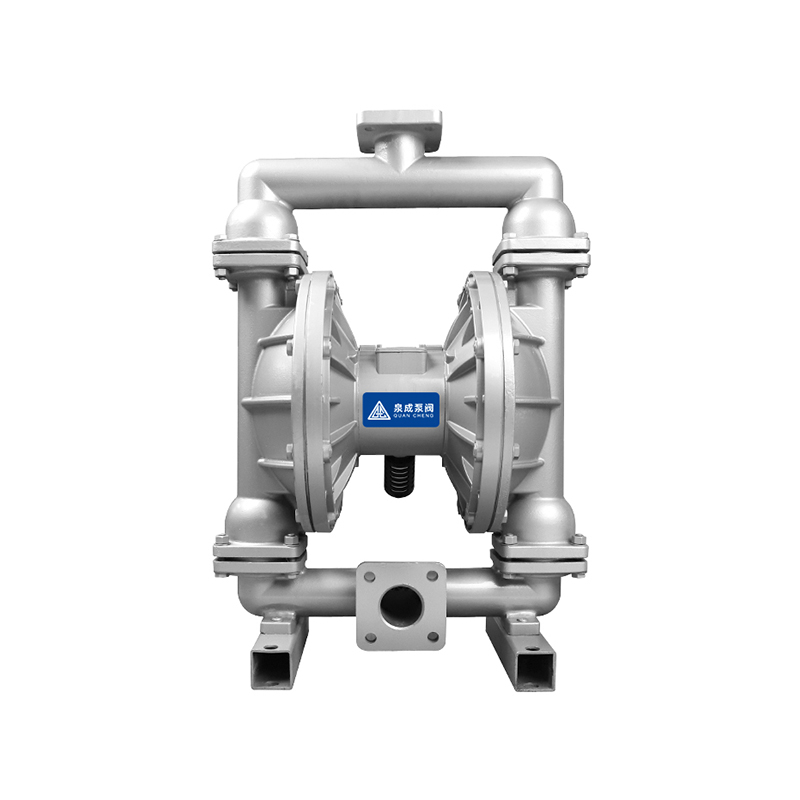
 浙公网安备33032402001888号
浙公网安备33032402001888号
